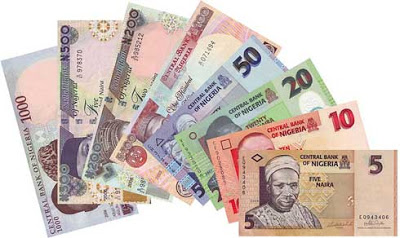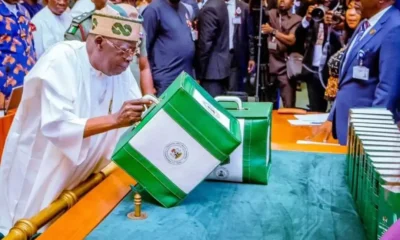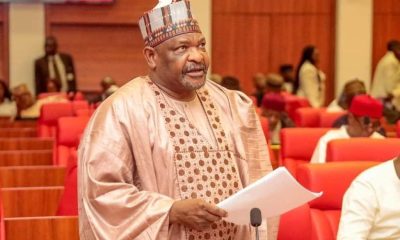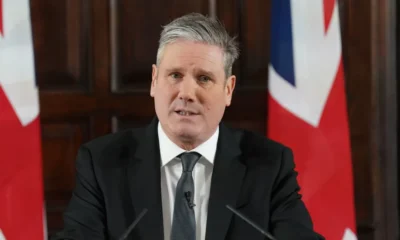Entertainment
Top 10 Things Nigerians Spend Their Money On

Our needs in life are always reflected in our every day expenses. You spend your money on what you regard as important.
The small things we spend money on are however the ones that make the most dent on our finances because they tend to come as daily, weekly or monthly expenses.
Below are the top ten things Nigerians spend their money on that could be affecting their finances without them even knowing. This is based on Nairametrics research.
Airtime;
So many people go through recharge card like its water. I have a friend who claims she doesn’t spend much on airtime because she buys the N100 cards. Between you and me though, she buys at least 6 N100 cards a day. Airtime is top on the list because it’s something people purchase daily (except maybe those who buy larger units, they buy airtime like every two to three days).
Internet subscription; it’s very rare to see someone these days who is not on social media and it all boils down to internet subscription. The craze for Facebook, twitter, Instagram, and other platforms has amplified recently. You hardly see anyone without a smart phone or without internet subscription. Even secondary school students now have to do their homework on line causing parents to subscribe for their computers at home. Network providers make it all the more tempting by providing data plans that are easily affordable for everyone.
Cable subscription; we’d blame this on the ladies for their love of Telemundo and ZeeWorld but the guys are up the same alley with them for their love of sports and music (not to say there aren’t guys who watch soaps or ladies who watch sports; they just aren’t that common). Every other month, Nigerians spend money on cable subscription so they don’t miss out on their favorite shows. It’s become much of a habit; they rarely notice its impact on their finances.
“NEPA” bills; whether you are on the pre-paid plan or the post-paid plan, bottom line is that every Nigerian pays for NEPA bills (even those who don’t get to enjoy the power supply). A lot of people complain that the money they pay is not commiserate with the power they are supplied. Just last week, someone was complaining at a bar, that they hadn’t had light for 3 out of 4 weeks but were still charged very high with no consideration to those 3 weeks.
Fuel; if it’s not for your car then it’s for your generator but Nigerians spend money on fuel daily resulting in fuel stations stationed almost at every turn. Even the black market thrives especially for bikes and keke na pepe.
T-fare; commuting within the city is another way Nigerians spend money. For those who don’t own a car, you have to pay for a bus, taxi, and bike or ‘keke na pepe’ to take you to and fro anywhere; school, church, market, work, out of town. Car owners are not exactly free of this since they need to buy fuel/gas for their cars.
Gas; we’d say kerosene but you’ll agree with me that more people use gas cookers than they use stoves or firewood these days. Almost every household spends money on gas.
Water; people buy water everyday be it sachet water (pure water), bottle water or bore-hole water. It seems like nothing but what you don’t know is that all those N10 or N100 you spend several times a day actually adds up.
Soft drinks; this is common practice. People buy soft drinks everywhere; while stuck in traffic, at a park waiting for your bus to get filled, at schools, at hospitals, in a restaurant, even at your work place. Vendors happen to be everywhere and you can’t help but buy with the usual excuse of ‘I really need something cold to drink’. While it’s not good for your pocket, you should consider the fact that it’s not good for your health either.
Snacks; this goes without saying. Snacks are an accomplice to soft drinks. they almost always go hand in hand but the excuse for snacks is either ‘I’ve not had anything to eat yet’ or ‘I’m too busy to cook an actual meal’
While all these seem like necessities, it will be best if you apply caution. Work them into your budget and avoid impulsive spending at all cost.
What did we miss?




























